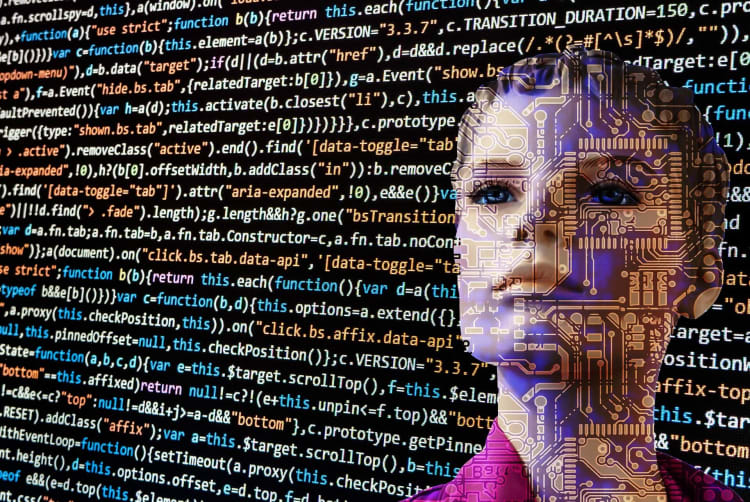Artificial Intelligence - Teaching Machines to Outsmart Humans

Categorized under: artificial intelligence
Over the past few weeks, there have been numerous articles on the topic of artificial intelligence:
While we don’t yet know what the future holds for artificial intelligence, what is clear is that there are some diverging perspectives on its potential to impact the world. So, what exactly is artificial intelligence and why does it matter for the future?
What’s artificial intelligence?
Artificial intelligence is defined as the theory and development of computer systems able to perform tasks that normally require human intelligence, such as visual perception, speech recognition, decision-making, and translation between languages. Practical examples of artificial intelligence that are under development are self-driving vehicles, understanding of human speech (Siri, Amazon Echo) and competing at a high level in strategic games (Chess or Go).
Why was artificial intelligence invented?
The study of artificial intelligence began in 1956 with the hypothesis that ‘human intelligence can be so precisely described that a machine can be made to simulate it’. Between 1956, there have been many ups and downs in this hypothesis coming to reality. In recent years as computing power has improved and increases in research dollars to fuel the study of artificial intelligence, many gains have been made. In 2011 an artificial intelligence machine, Watson, invented by IBM beat humans at Jeopardy. However, these were not just any humans. One of the contestants was Ken Jennings – famous for winning 74 games in a row on Jeopardy.
Pros/Cons of Artificial Intelligence
As we think about the goals of the field of artificial intelligence as well as the practical examples, what emerges are some pros/cons of the discipline. On the pro side, we can improve the safety of our transportation networks through the development of autonomous transportation vehicles. On the con side, there is the widespread loss of direct employment that will result from machines replacing humans. On the pro side, we can leverage artificial intelligence to help improve data and personal security. There are programmers that are constantly looking to exploit networks to steal data of all kinds. Artificial intelligence can help recognize these patterns and serve as a more effective protection that existing tools. On the con side, we have to give quite a bit of trust to these machines that they will not figure out how to use this sensitive data for unethical means.
Hollywood’s role in Artificial Intelligence
One of the most popular movie series in recent history was the Matrix Trilogy. The fundamental premise of the movie is that humans are living within a computer simulation. Not only is the computer simulation something that the humans in the movie are unaware of but also humans are used to power the machines. While it is most likely not the case that we are living in a computer simulation, there have been several technologists who have postulated extremely remote, non-zero odds that we are part of a simulation.
Overall, I think it is clear that there is still much to learn about the developing field of artificial intelligence. And as machines get closer and closer to replicating and duplicating tasks that were often considered exclusive to humans, this discomfort about the role that humans will play in a world of machines with increased intelligence will only increase. What are your thoughts on the artificial intelligence debate? Are the changes ultimately going to benefit humanity? Or, should we all be very worried?


 By:
By: